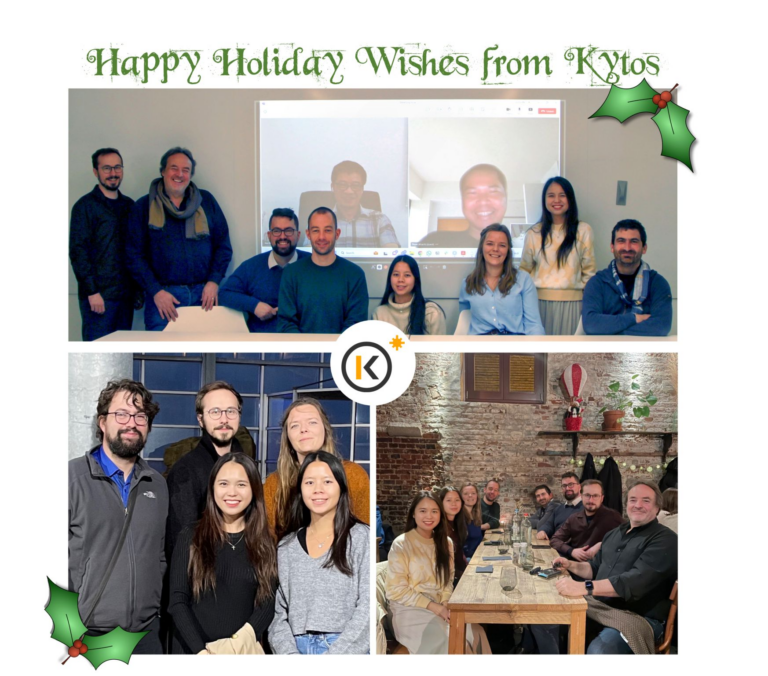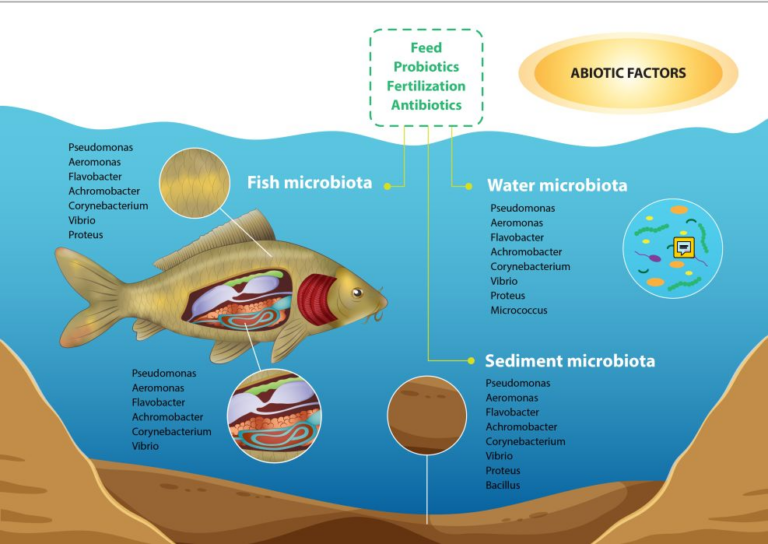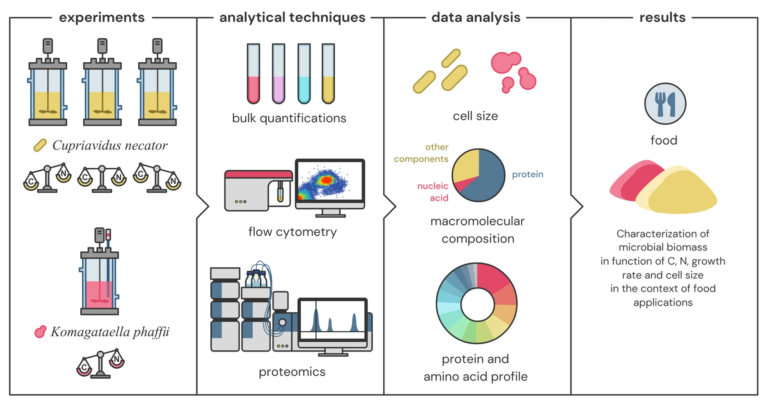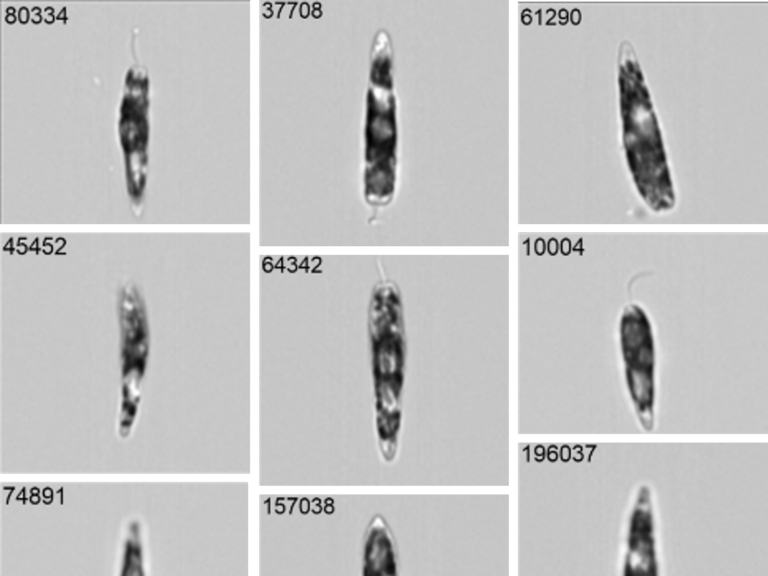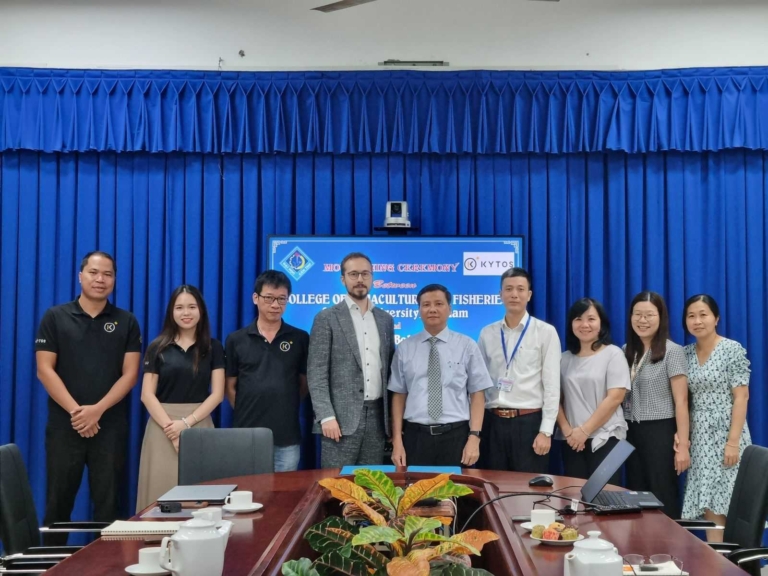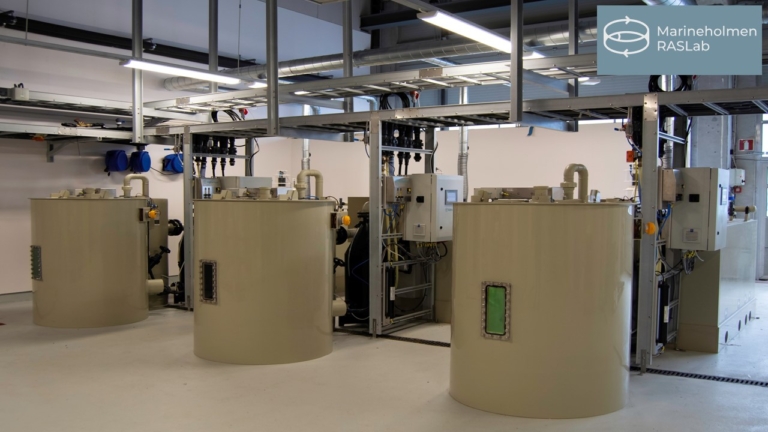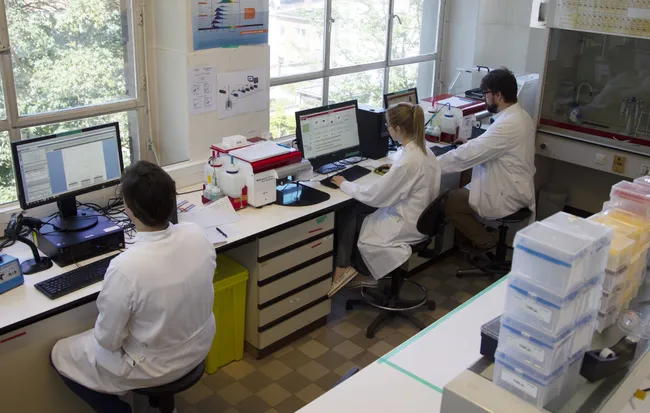🎄 Seasonal greetings from the whole KYTOS team (🇻🇳, 🇧🇪) 🎄
✨ 2023 has been an interesting year – we would like to express gratitude to our collaborators, partners and customers for making it so. We have had the opportunity to grow together and unravel agricultural microbiomes across the world 🔬 ✨ We look forward to our further collaborations and projects for 2024 – keep an…
